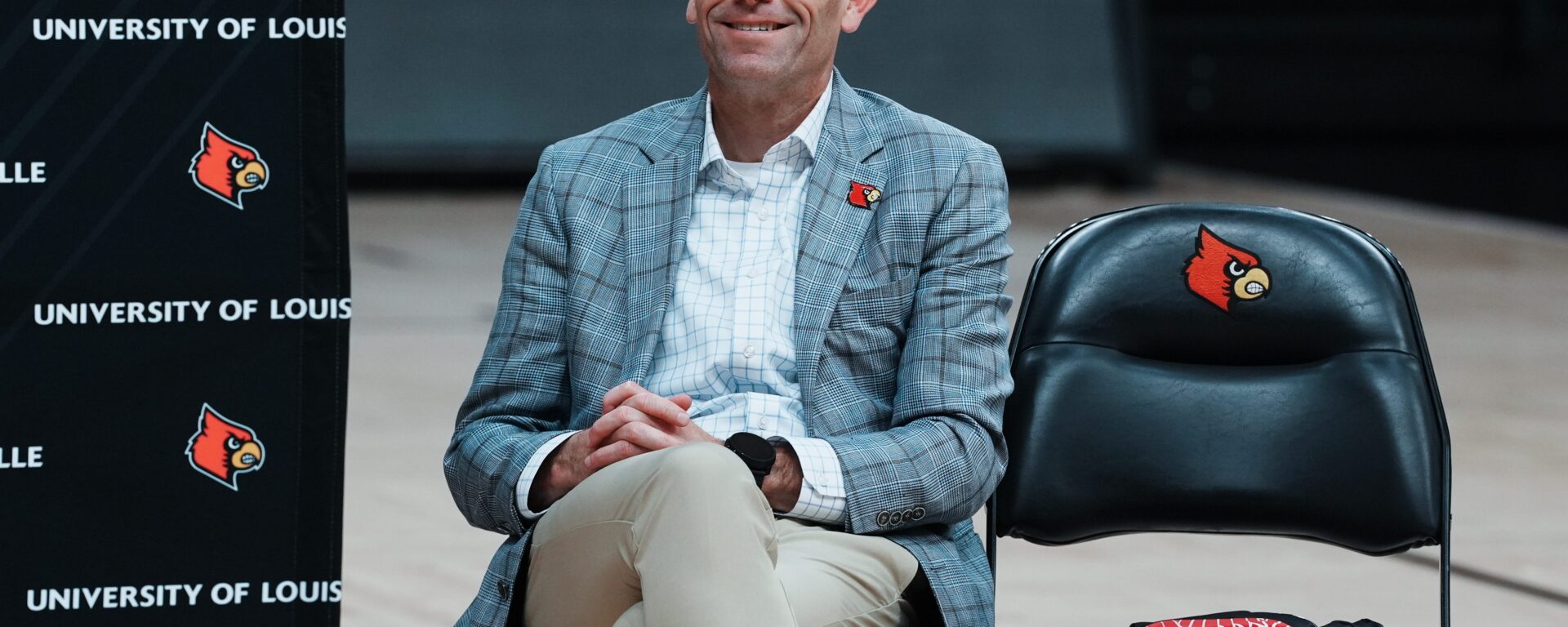The University of Louisville Athletic Association on Wednesday approved a $167,392,442 budget for the 2026 fiscal year — and a $25 million line of credit to help navigate the new landscape of revenue sharing in college sports.
That’s $22.36 million more in budget expenses than the athletics department forecasted for FY2025. The increase stems from the momentous House v. NCAA settlement, which received final approval June 6 and allows schools to directly pay athletes when the calendar flips to July.
The revenue-sharing cap in 2025-26 is $20.5 million and will increase by 4% annually. To account for $2.8 billion in back damages that will be paid out to athletes who couldn’t profit off their name, image and likeness between 2016 and Sept. 15, 2024, schools will receive roughly $1 million less in annual funding from the NCAA.
How will Louisville divide the $20.5 million among its programs? Wednesday’s meeting did not shed light on athletics director Josh Heird‘s plan; but it’s safe to assume most will go to football and men’s basketball, which are projected to generate 33% of the department’s total revenue via ticket sales and seat licenses.
With an eight-game home schedule for Jeff Brohm‘s Cardinals in 2025, football is projected for a $3.2 million increase in ticket sales, a $625,000 increase in concessions revenue and a $300,000 increase in parking revenue. After a successful Year 1 under coach Pat Kelsey, men’s basketball is projected to sell approximately $1 million more in season tickets than it did in 2024-25 in addition to a $300,000 increase in concessions revenue.
Distributions from the ACC and NCAA, which are projected to total $46.7 million during the 2026 fiscal year, account for 30% of the department’s revenue.
Only five U of L teams are projected to produce revenue during FY2026: men’s basketball ($28.4 million), football ($28.17 million), women’s basketball ($1.86 million), volleyball ($526,302) and baseball ($270,931).
During his presentation to the ULAA board Wednesday, chief financial officer Nick Bowes said the FY2026 budget has “significant upside.” It does, however, forecast a deficit of $12.5 million; and that’s despite a $7 million increase in support from the university — and $5.4 million from a new fee that will apply to all students except those enrolled in online-only classes and/or on a part-time basis.
If the FY2026 projections hold true, Louisville Athletics is on pace for its fourth deficit in seven years. The department reported a record $14.57 million deficit in FY2024 and expects to be $8.5 million over budget in FY2025.
Meanwhile, its reserves balance has dwindled from $34.31 million in FY2014 to $3.47 million in FY2022.
This is where the line of credit, from PNC, comes into play. The first five years of payment are interest only; and, after that, the department will have the option to refinance. Bowes said it will “help athletics bridge the fiscal 25 budget, the fiscal 26 budget and potentially (FY2027) as we start to navigate a new world.”
“The five-year, interest-only (deal) essentially allows us to wrap the debt around our current debt schedule, allow some of our loans to mature and then, essentially, term it out when our current debt schedule is supposed to decrease,” he later added.
U of L Athletics is scheduled to pay $12.18 million in debt services during FY2026. By FY2030, it projects for those payments to dip below $10 million.
Notable cuts from the FY2025 budget to FY2026 include $3.4 million in financial aid (due to the restructuring of the system under the House v. NCAA settlement), $2.47 million in travel, $1.17 million in operating expenses and $578,000 in capital expenses.
There was, however, a $1.4 million increase in “other” expenses — a one-time excise tax payment on former men’s basketball coach Kenny Payne‘s buyout.
This story will be updated.
Reach Louisville men’s basketball reporter Brooks Holton at bholton@gannett.com and follow him on X at @brooksHolton.
Reach college sports enterprise reporter Payton Titus at ptitus@gannett.com, and follow her on X @petitus25.
This article originally appeared on Louisville Courier Journal: Louisville Cardinals set 2025-26 budget, impacted by House v. NCAA


